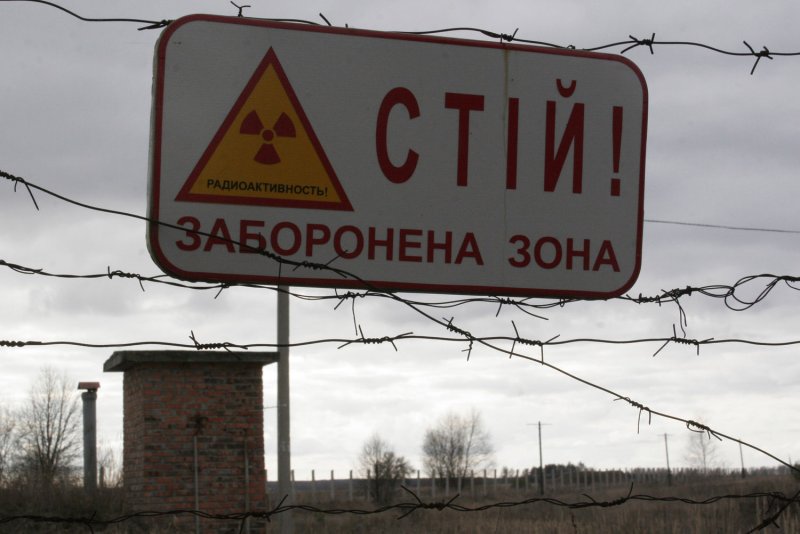WASHINGTON--US President Joe Biden is expected to honour a campaign pledge and become the first occupant of the White House to describe the wartime massacre of Ottoman Turkey’s Armenians as “genocide”.
This formal recognition of the World War One “genocidal” killing of some 1.5 million Armenians which started in 1915 on orders from the then Ottoman Turkish government, is expected from Biden Saturday at the marking of the 106th anniversary of the start of the mass-killings and deportations.
Successive Turkish governments, while admitting that many Armenians died in eastern Turkey, have always angrily denied that the massacres were planned and ordered by the Ottoman military from the country’s then-capital Istanbul. Turks also point out that there had been an Armenian uprising behind the lines when Ottoman troops were fighting a losing campaign against Tsarist Russian forces driving out of the Caucasus.
President Recep Tayyip Erdogan is likely to furiously push back at Biden’s formal use of the word “genocide”. Clearly anticipating the development, Turkish Foreign Minister Mevlut Cavusoglu warned on Tuesday that it will further harm already strained ties between the NATO allies.
“Statements that have no legal binding will have no benefit, but they will harm ties,” Cavusoglu warned. “If the United States wants to worsen ties, the decision is theirs,” he said, adding “ the US needs to respect international law”.
Biden’s move would be largely symbolic but would mean breaking away from decades of carefully-calibrated language from the White House and comes at a time when Ankara and Washington are already at loggerheads over a string of issues.
Biden is expected to use the word “genocide” as part of a statement on April 24 when annual commemorations for the victims are held around the world, three sources familiar with the matter said.
“My understanding is that he took the decision and will use the word genocide in his statement on Saturday,” said a source familiar with the matter. Sources cautioned that given the importance of bilateral ties with Turkey, Biden may still choose not to use the term at the last minute.
White House Press Secretary Jen Psaki on Wednesday told reporters the White House would likely have “more to say” about the issue on Saturday, but declined to elaborate.
The State Department referred queries on the issue to the White House and National Security Council had no comment beyond what Psaki said.
A year ago, while still a presidential candidate, Biden commemorated the 1.5 million Armenian men, women, and children who lost their lives in the final years of the Ottoman Empire and said he would back efforts to recognise those killings as a genocide.
“Today, we remember the atrocities faced by the Armenian people in the Metz Yeghern (Great Calamity) the Armenian Genocide. If elected, I pledge to support a resolution recognising the Armenian Genocide and will make universal human rights a top priority,” he said on Twitter at the time.
Turkey accepts that many Armenians living in the Ottoman Empire were killed in clashes with Ottoman forces during World War One, but contests the figures and denies the killings were systematically orchestrated and constitute a genocide.
At the time, one of the loudest protests over the Armenian massacres and forced death marches into Syria and Iraq came from the then US ambassador to Turkey, Henry Morgenthau.
For decades, measures recognising the Armenian genocide stalled in the US Congress and US presidents have refrained from calling it that, stymied by concerns about relations with Turkey and intense lobbying by Ankara.
Turkish President Tayyip Erdogan had established a close bond with former US President Donald Trump, but he has yet to speak to Biden since he became president in January
While Turkish and American officials have held talks since then, the Biden administration has stepped up pressure on Turkey by frequently expressing its discontent over Ankara’s human rights track record and the gap between the two sides over a host of issues including Turkey’s purchase of Russian weapons systems and policy differences in Syria remains.
Ian Bremmer, founder of the Eurasia Group research and consulting firm, said Biden’s expected move reflected the deteriorating relationship between the NATO allies, but Erdogan’s response would be likely limited.
“Erdogan is … unlikely to provoke the US with actions that could further undermine Turkey’s weak economy,” he said.
In 2019, the US Senate passed a non-binding resolution recognising the killings as a genocide, in a historic move that deeply angered Turkey.
Bi-partisan pressure
Representative Adam Schiff and a group of 100 bipartisan lawmakers sent a letter to Biden this week urging him to follow through on his campaign pledge and “right decades of wrongs.”
“For decades, while leaders around the world recognise the first genocide of the 20th century, the president of the United States has remained silent,” the letter said, continuing ” ‘Silence is complicity.’ The shameful silence of the United States government on the historic fact of the Armenian Genocide has gone on for too long, and it must end”.
Dozens of other countries including France and Russia have already designated the Armenian killings as genocide. After the Dutch parliament passed a motion in February urging the government to recognise the genocide, Turkey said the move was “aimed at rewriting history based on political motives.”
Aram Hamparian, executive director of the Armenian National Committee of America has been prominent in the campaign to have Biden abandon long-standing US ambivalence and call the massacres a genocide.
“In the past, the arm twisting from Turkey was, ‘Well we’re such a good friend that you should remain solid with us on this,'” he said, “But they’re proving to be not such a good friend.”
Hamparian said he is hopeful that Biden will follow through. He noted that the stinging disappointment, when former President Barack Obama failed to honour his own campaign pledge in 2008 to recognise the Armenian genocide, still lingers for many in the Armenian diaspora.
Samantha Power, who served as Obama’s United Nations ambassador and has been nominated by Biden to serve as USAID administrator along with deputy national security adviser Ben Rhodes both publicly expressed disappointment that Obama didn’t act on the matter. Obama was concerned about straining the relationship with Turkey, a NATO member whose cooperation was needed on military and diplomatic efforts in Afghanistan, Iran and Syria.
Power said in a 2018 interview with Pod Save the World that the administration was “played a little bit” by Erdogan and others invested in delaying a genocide declaration.














